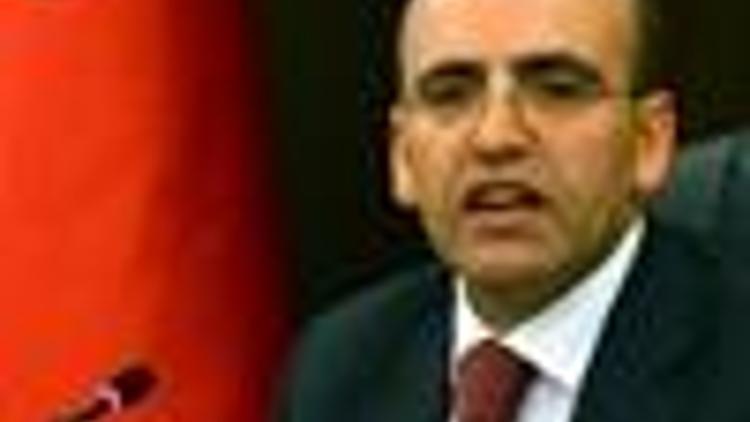Turkey to meet IMF after disagreement overcome- econmin
Güncelleme Tarihi:

Turkish authorities will meet executives of the International Monetary Fund (IMF) after a disagreement is overcome, Turkish Economy Minister Mehmet Simsek said on Monday.
Simsek said that
Simsek said that if
The minister said this could happen only if the two sides agreed.
Simsek underlined the importance of an IMF program for reducing Turkish private sector's unease over the foreign finance need, and said that
The state minister said that an IMF program would not only provide foreign finance but also create a peg for a medium-term program.
Simsek said that the IMF was bringing up some measures during its talks with
"However,
Simsek said that
"We planned international bond issue worth $4 billion this year, and we have achieved one-fourth of this issue in the first month of this year despite the stagnation in foreign finance," he said.
Simsek said that
"Moreover, we have not even calculated privatization revenues in 2009 when we were preparing the Treasury finance program," he said.
Simsek also said that
The Turkish minister said that he had the opportunity to meet many foreign investors during the annual meeting of the World Economic Forum (WEF) in
Simsek forecast that there would be direct foreign capital inflow to
The Turkish minister also expressed belief that international rating organizations might revise

